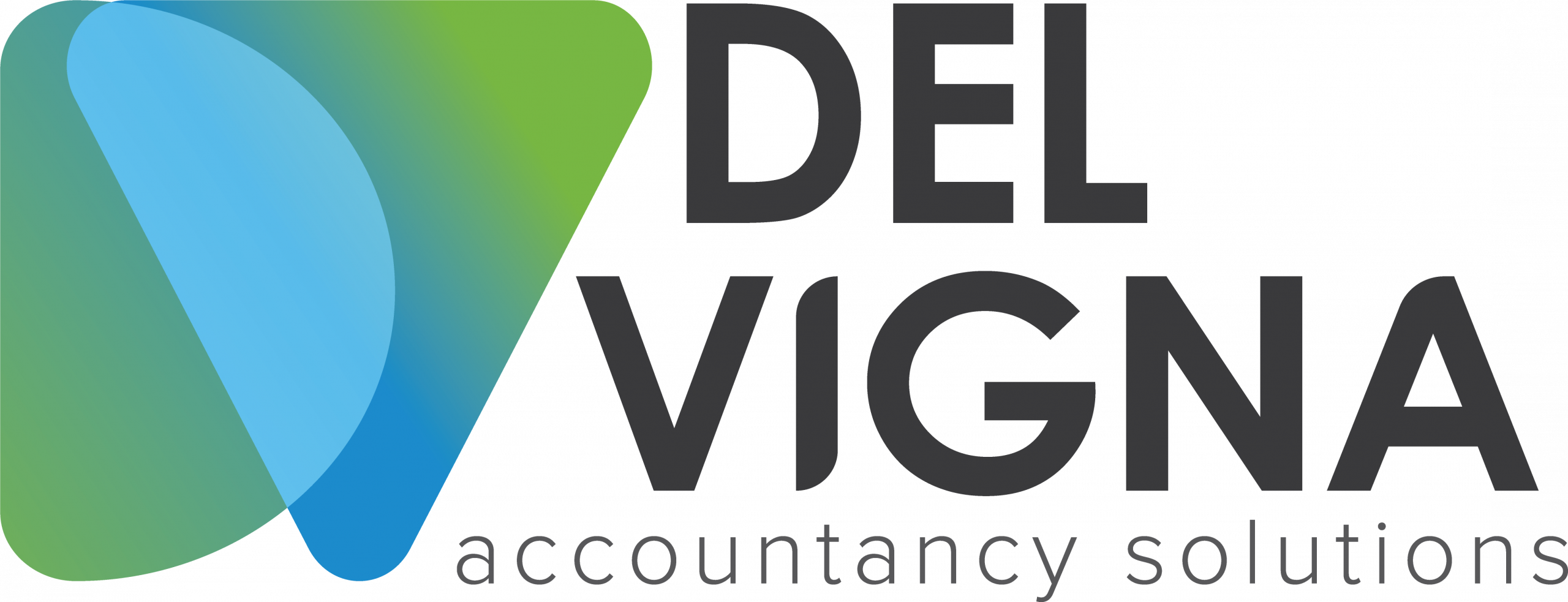At the height of the wedding season, HM Revenue and Customs (HMRC) is reminding married couples and people in civil partnerships to put extra cash at the top of their gift list and sign up for Marriage Allowance.
Marriage Allowance allows married couples or people in civil partnerships, including those who have been together for many years, to share their personal tax allowances if one partner earns below the Personal Allowance threshold of £12,570, and the other is a basic rate taxpayer.
Eligible couples can transfer 10% of their tax-free allowance to their partner, which is £1,260 in the 2022 to 2023 tax year. It means couples can reduce the tax they pay by up to £252 a year. They can apply any time and, if eligible, could backdate their claims for up to four previous tax years to receive a payment of up to £1,242.
Marriage Allowance is free to apply for, and customers are reminded to claim directly via HMRC’s online portal to ensure they receive 100% of the tax relief they are eligible for.
Marriage Allowance is one of a number of benefits and reliefs available to boost family finances at a time when many are concerned with the rising cost of living.
Angela MacDonald, HMRC’s Deputy Chief Executive and Second Permanent Secretary, said:
We want to ensure people are receiving vital financial support at a time when they need it most. Married couples or those in a civil partnership could potentially receive tax relief worth up to £1,242, meaning extra cash in their pockets.
To find out if you are eligible and how to apply search ‘marriage allowance’ on GOV.UK.
More than 2 million couples currently benefit from Marriage Allowance, but there could be thousands more who are eligible to claim.
Even if couples don’t qualify for Marriage Allowance when they first get married, a change in circumstances years later could mean they become newly eligible. These include:
- one partner retiring and the other remaining in work
- a change in employment
- a reduction in working hours which means their earnings fall below their Personal Allowance
- maternity, paternity, or shared parental leave
- unpaid leave or a career break
- one partner studying or in education and not earning above their Personal Allowance
If a spouse or civil partner has died since 5 April 2018, the surviving person can still claim by contacting the Income Tax helpline.
Marriage Allowance claims are automatically renewed every year. However, couples should notify HMRC if their circumstances change.
Further information
Marriage Allowance is 10% of an individual’s tax-free personal allowance. The maximum amount that can be transferred to their husband, wife or civil partner is dependent on the Personal Allowance for that tax year.
| Tax Year | Marriage Allowance amount |
|---|---|
| 2022/23 | £252 |
| 2021/22 | £252 |
| 2020/21 | £250 |
| 2019/20 | £250 |
| 2018/19 | £238 |
If you cannot apply for Marriage Allowance online, you can apply to HMRC in writing or via your Self Assessment tax return.
The government is offering help for households. Check GOV.UK to find out what cost of living support you could be eligible for.


